“Denial ain’t just a river in Egypt.” – Olivia Shaver, my mother

One day in 6th grade, my parents called a family meeting. In quiet voices, with worried eyes, they told my brother, sister, and I they were getting a divorce. No one spoke for an eternity. The sound of my hysterical laughter eventually broke the silence.
This had to be joke. There was no other explanation. They had always promised divorce was never an option.
Three days later, on the playground at school, my best friend said, “My mom said your parents are getting a divorce.” It knocked the wind out of me. “Well, they’re not,” I insisted. “Your mom doesn’t know what she’s talking about.” Denial ain’t just a river in Egypt.
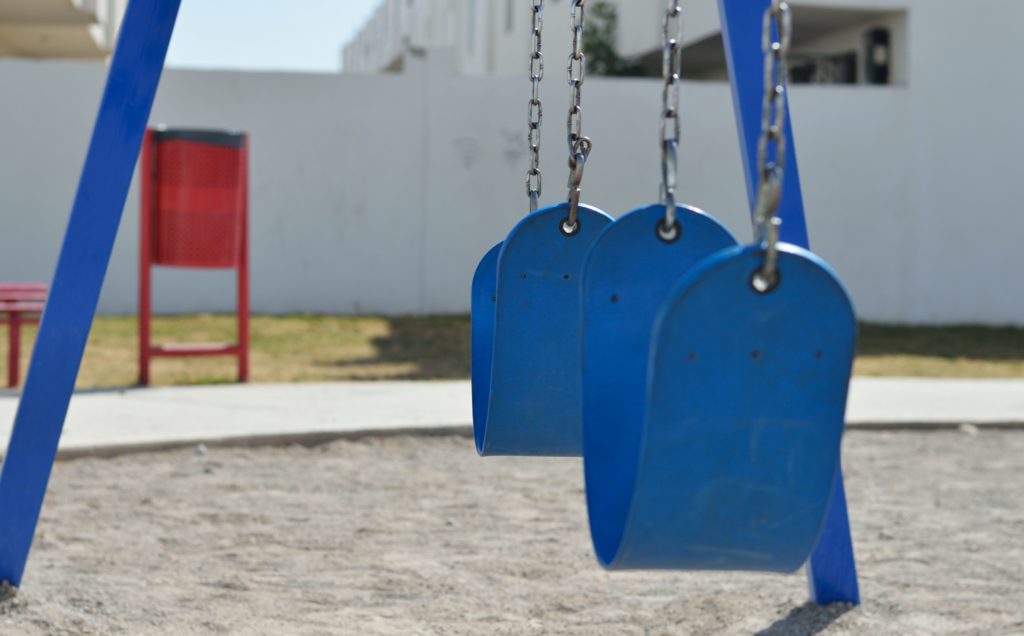
Denial does not come from a place of ignorance or confusion or rebellion. It stems from our instinct to survive. Intrinsic protectiveness. Self-preservation.
I used to wonder about the usefulness of denial on a practical level. What was the purpose, really? It seemed like a giant waste of time convincing yourself that your reality was not real. That there was a possibility that your trauma or loss was made up or a misunderstanding or magically fixable. Only to later resign yourself to the fact that you were completely kidding yourself all along.
Wouldn’t it expedite the grieving process to skip the limbo of denial and move on to the next stage? Less time being upside down seems incredibly efficient.
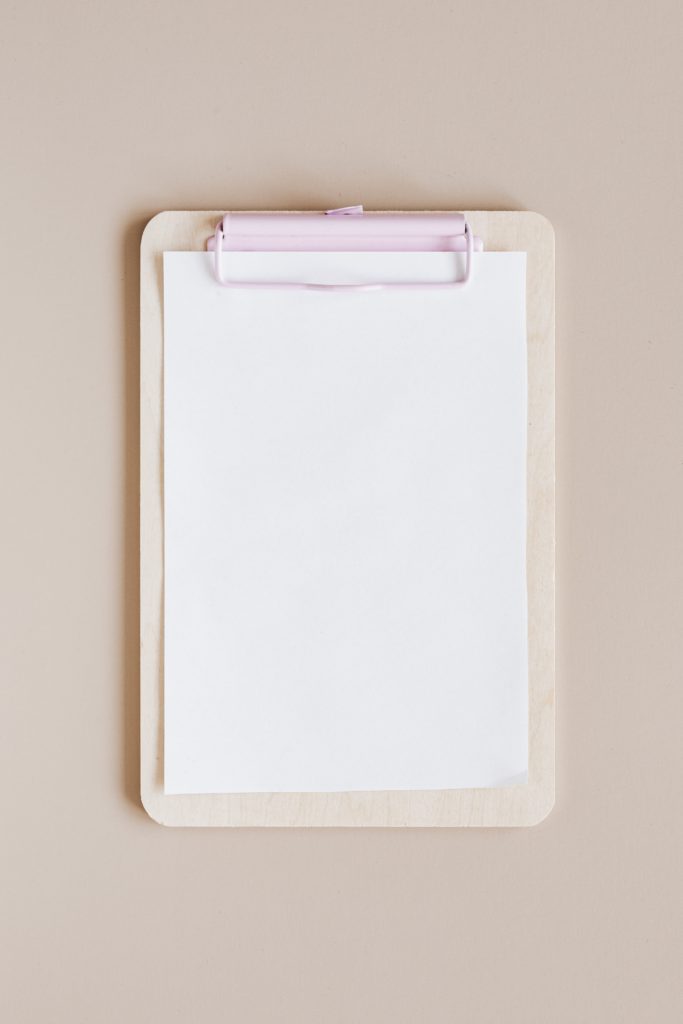
But grief loves us too much to fast forward, to take us anywhere else but through. Denial is the great protector of our fragile souls, wise in its all-knowing. If we knew fully what was in store for us early on in the journey of grief, we would lose all hope. We’d never survive. Denial gifts us the slow unraveling, allowing us to process our loss one painful layer at a time.
As denial completes its necessary work, despair often emerges from where it has been waiting in the wings. The reality hits. Hard. And we become fully aware of the sheer magnitude and profundity of our loss.

Darkness becomes our closest companion. Getting out of bed is the hardest part of our day. Mundane tasks seem monumental. Life creeps along in slow-motion as we are consumed by what once was or might have been.
In the early days of losing Turner, I read Ann Voskamp’s retelling of her brother’s tragic death as a child in a farm accident. She recounts her mother, part of her own heart snuffed out, continuing to do basic household activities. Not because she ought to. Or out of a sense of guilt or self-judgment. But because without the everydayness of life, without minuscule purposes to guide her, she risked soul atrophy.
Like any muscle, our very souls can waste away and lose strength from misuse. A small task like doing the dishes or folding the laundry or keeping our world running in the most minute way can save us from spiritual disintegration.
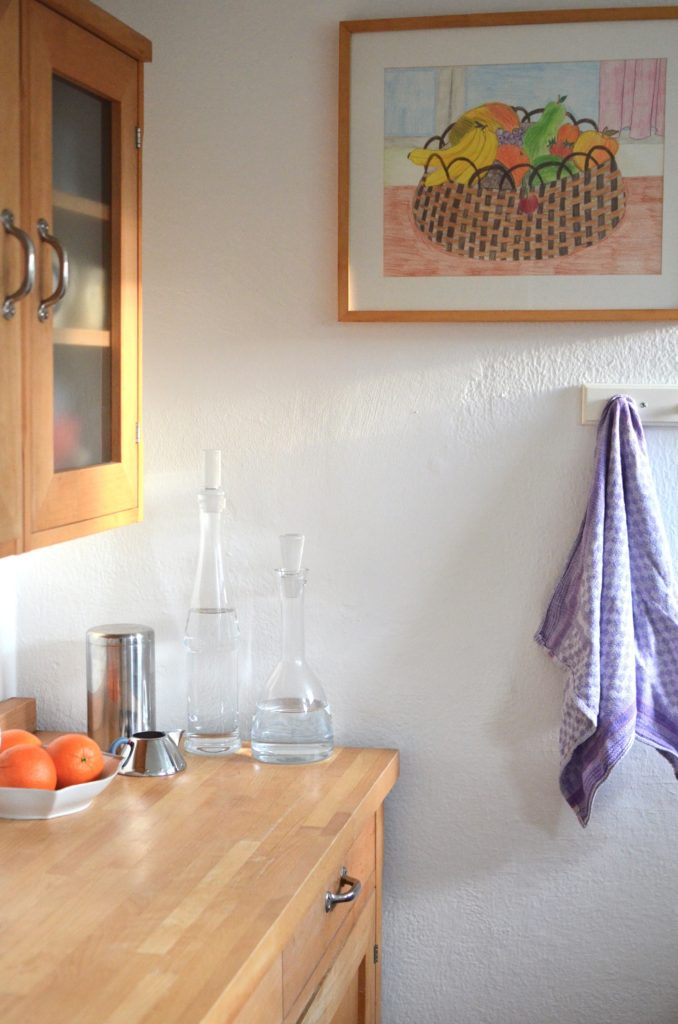
In the weeks and months that despair staked its territory in my heart, my job each day was to put one thing on my to-do list and then cross it off. Take a shower. Play a game with the kids. Make lunch. Make the bed. Make an effort to live even when I felt like I was dying inside.
We cannot survive in the hypervigilant state of total despair for long. We need respite. Fresh life air amidst the grief pollution that threatens to suffocate.
We must give ourselves permission to still feel happiness. Joy. Gratitude. Hope. Something other than the bone-crushing, soul-sucking torture of our grief.
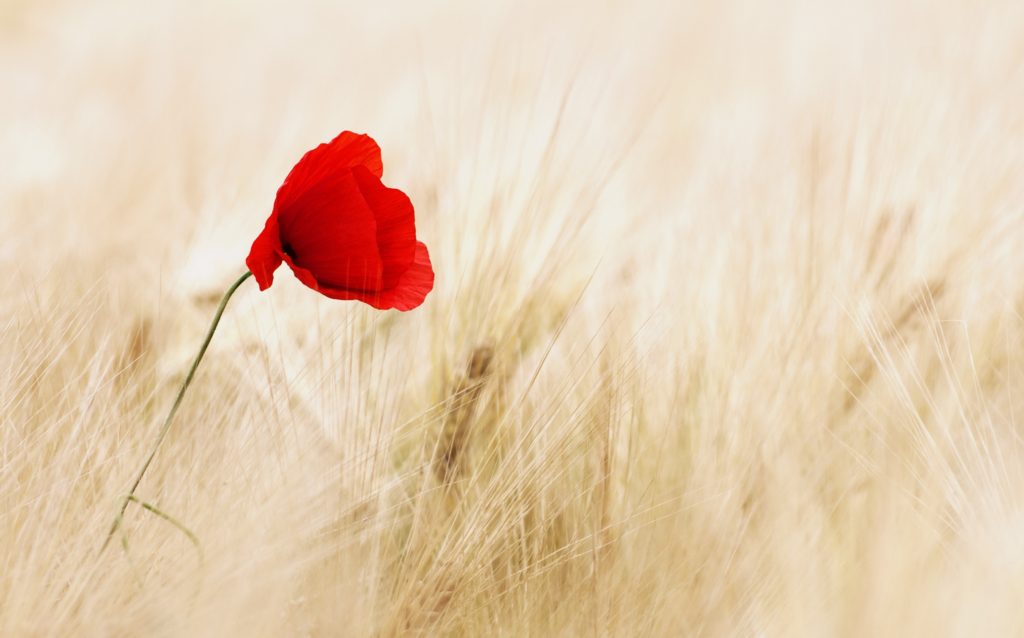
The first babyless week home from the hospital, I did one normal thing each day. I spent the daylight hours sobbing in the nursery under Turner’s quilt, then went swollen-eyed to park night with my family and friends. I spent mornings in bed listening to music, surviving one 4-minute song at a time, then got up blotchy-faced to accept dinner made with love by a friend.
It is ok to put your grief in a box sometimes. To set it aside and be normal for awhile.
It is ok to take a break from feeling all the things and feel happy instead. Or feel nothing at all.
It is ok to create new expectations for daily functioning and give yourself grace while you nurse your injured soul. And it is ok to find solace in the miracle of the mundane, those everyday movements that bring rhythm and meaning to life.
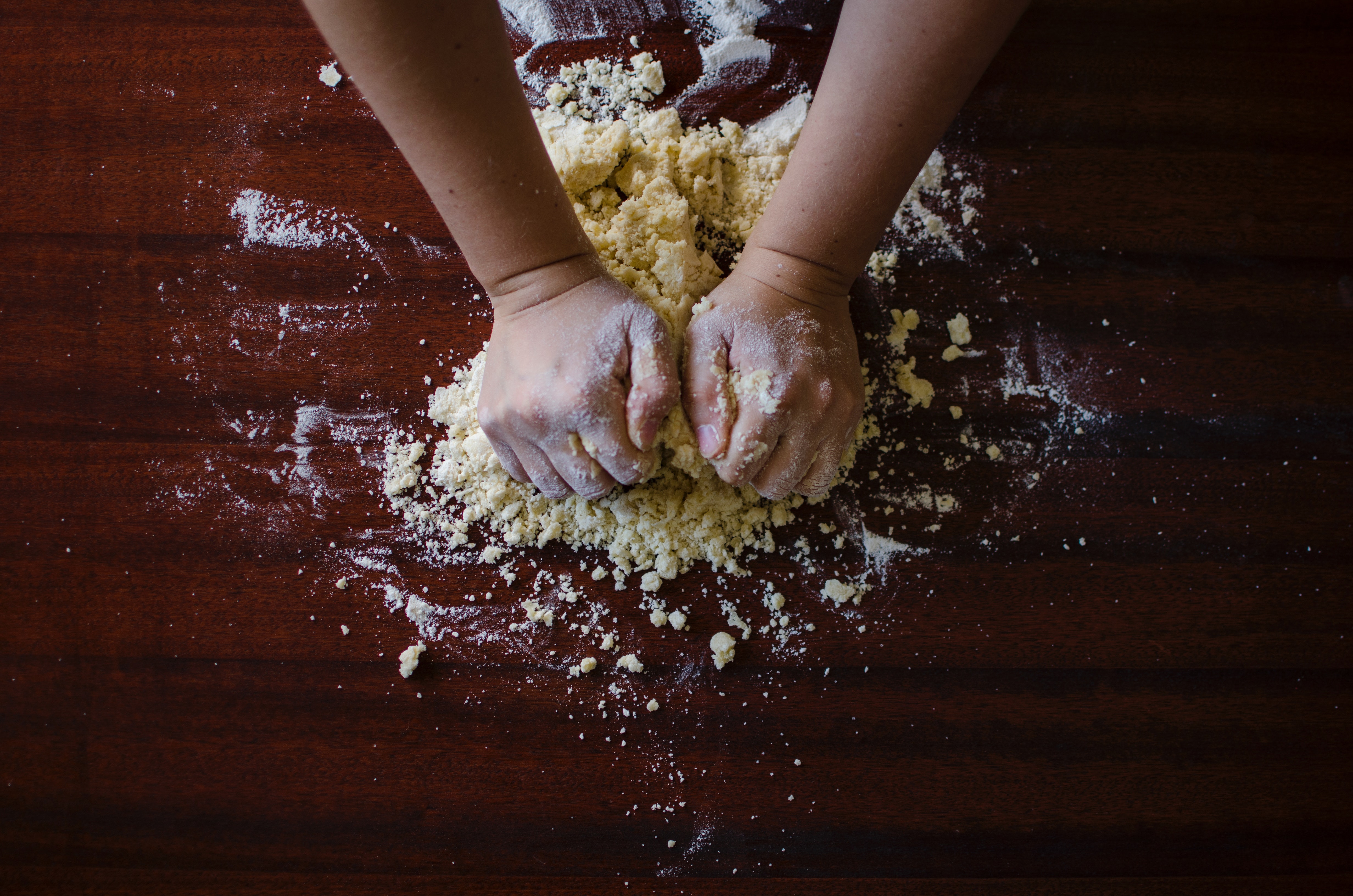
Denial ain’t just a river in Egypt. It’s not a twisted joke played by the universe that no one laughs at. It’s not just a shame-filled moment on the playground or an unwillingness to accept reality.
It’s an act of self-love that takes you where is, as is. It lowers you slowly into that murky sea of despair, never taking you too far that you might drown, pulling you back up for air when needed. Relentlessly purposeful in bringing you out, bringing you through. That unexpected goodness of grief.

💔💔💔💔❤️❤️❤️❤️ love you own 😘
Ditto!
“Denial gifts us the slow unraveling…” I always hear that denial is a bad thing, but this line alone summarizes why it’s good and necessary.
Me too. It took me awhile to realize that it’s not a sign of weakness but of strength and self-love.